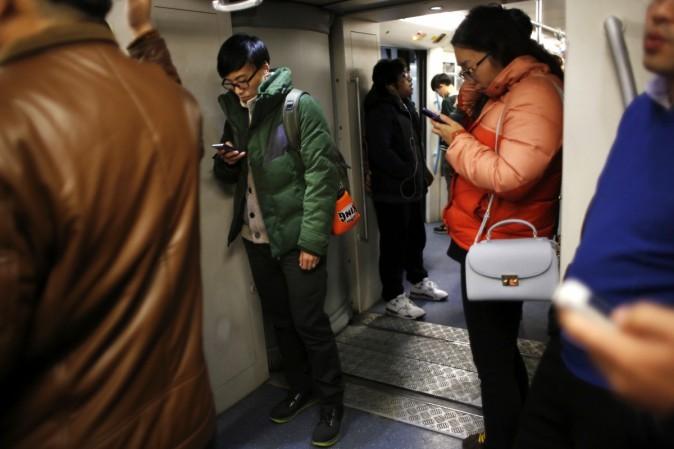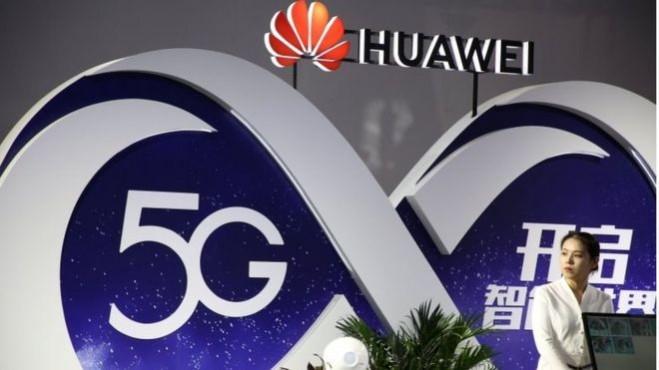The race to 5G is on every country's priority list, but China has taken the lead with its massive rollout. China commercially launched 5G services in the country on Thursday, with all three big telcos rolling out 5G data plans.
China now has one of the world's largest 5G networks in the world with more than 86,000 5G base stations covering 50 cities nationwide, including Beijing, Shanghai, Guangzhou and Shenzhen. The government announced that it will have more than 130,000 5G base stations by the end of this year to support the 5G network.
China's state-owned telecom providers, China Mobile, China Unicom and China Telecom, have released 5G tariffs ranging from 128 Yuan (Rs 1,286/$18) to 599 Yuan. The tariffs are not quite affordable, but the price per gigabyte for 5G is lower. As and when the network expands, 5G bundles are bound to be affordable, Lyu Tingjie, a communications professor at Beijing University of Posts and Telecommunications, said in a statement.
China Telecom has estimated that by next year the number of 5G subscribers will be well over 170 million and the country will be the leader in 5G. Following China's lead, South Korea is expected to take the second place with 75,000 subscribers and the US will be third in the race with 10,000 users, analysts at Sanford C Bernstein said in a research note last week.

Huawei backs China in 5G race
China's massive scale 5G rollout couldn't be possible without help from Shenzhen-based world's largest telecommunications equipment maker, Huawei, which has been under great pressure from the US. While Beijing and Washington have been trying to best each other in trade and technology, the US government has banned companies from using Huawei's networking equipment in fear of being spied by Beijing.
Huawei's role in China's 5G rollout has been significant. The company is in business with all three carriers in the country and China Mobile, the largest telco provider, has the biggest contract with Huawei, giving half of its 5G networking contracts to the company, CNN reported. Huawei's chief rivals Ericsson and Nokia haven't managed to beat the Chinese tech giant despite the US campaigning against it.
Huawei wins big
Not only does Huawei provide telecom providers with its advanced 5G networking equipment, but the company's presence in China's smartphone market is also substantial. Huawei is way ahead of giants like Apple and Samsung in China.

In fact, Huawei's Mate 30 5G and Mate 30 Pro 5G went on sale in China on Friday and the company sold 100,000 units in just a minute. The company raked in a whopping CNY 500 million per minute during the sale. The biggest advantage here is that Huawei's 5G phones are priced similar to other non-5G devices and China is the sole market where the absence of Google apps in phones doesn't bother Huawei. Huawei recently announced that it sold 1 million units of Mate 30 and Mate 30 Pro since they went on sale late last month.
The company's smartphone success outside China is another story, but the company is still raking in 5G contracts around the world. The company announced during its earnings report that it signed 60 commercial 5G contracts with telcos around the world.
Huawei had also received a green signal from the Indian government to participate in the 5G trials in the country. But there have been some reports suggesting Huawei might have to step aside owing to India-US relations.









